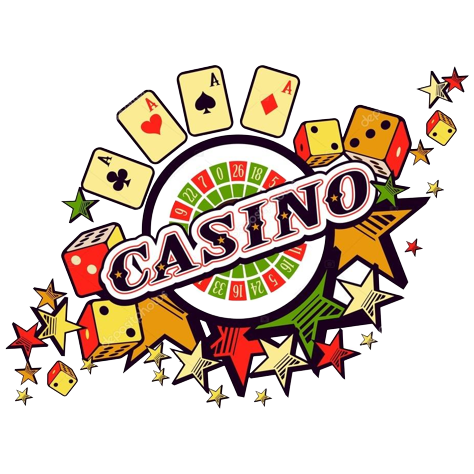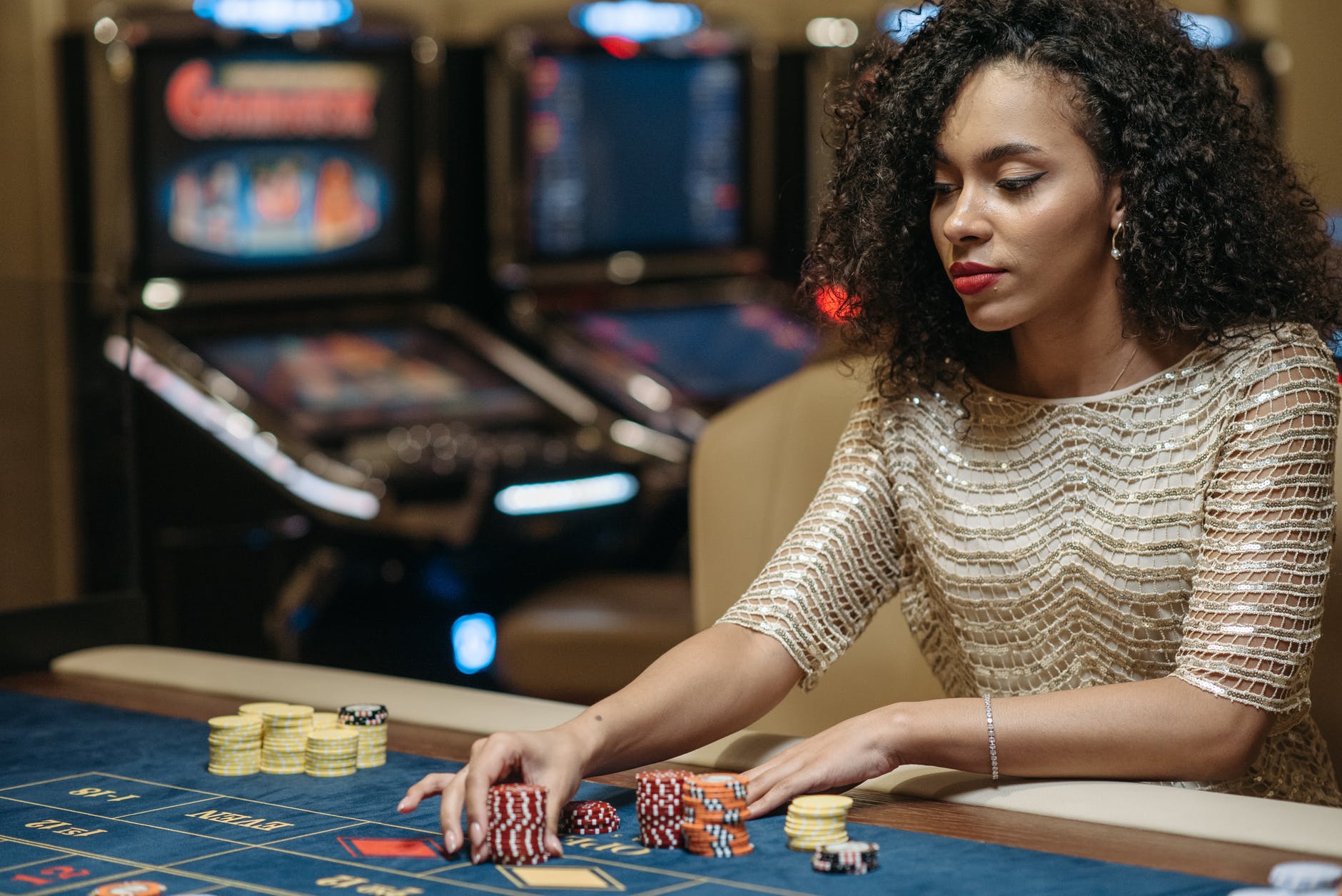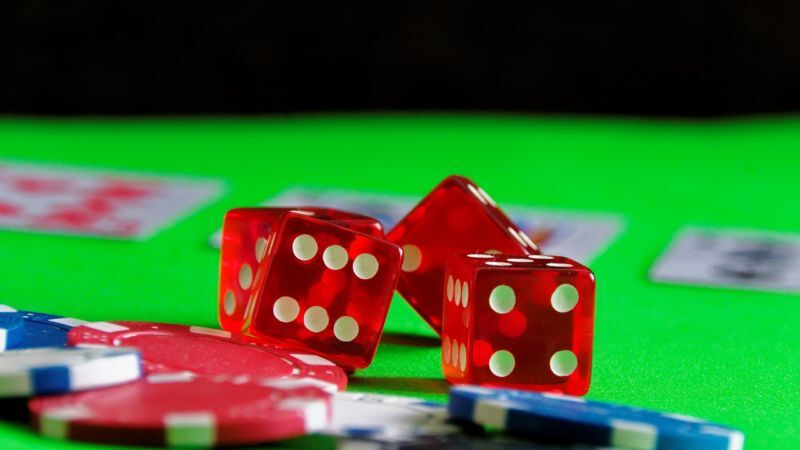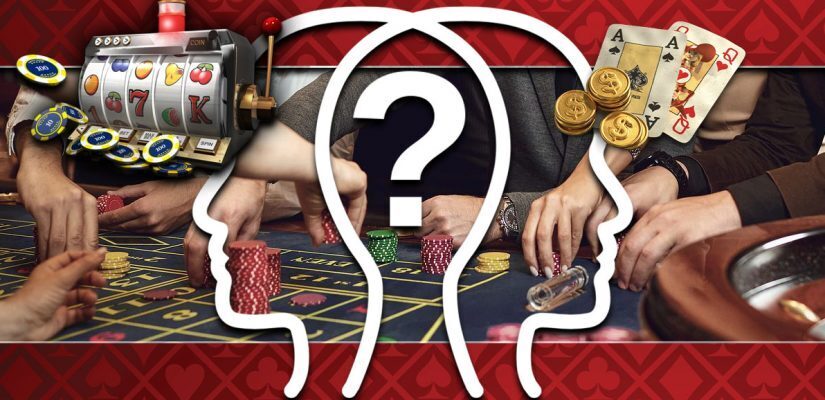This article delves into the intriguing gambling world and explores why it can be stressful for many individuals. Gambling, in its various forms, has been a source of excitement, entertainment, and even livelihood for countless people throughout history. However, a complex psychological landscape beneath the surface can evoke anxiety, tension, and apprehension. By understanding the underlying factors contributing to the stress associated with gambling, we can gain insights into our behaviors and develop strategies to minimize its negative impact.
The Uncertainty of Outcomes
One of the primary reasons gambling can induce stress is the inherent uncertainty of outcomes. The outcome is always uncertain, whether it’s a poker game, a spin of the roulette wheel, or a sports bet. This unpredictability triggers the release of adrenaline and activates the body’s stress response. The anticipation of winning or losing creates heightened alertness, causing the heart to race, palms to sweat, and a rush of emotions to surge through the body. This rollercoaster of feelings makes gambling a double-edged sword of excitement and stress.
Financial Implications
Another significant factor contributing to the stress associated with gambling is its potential financial implications. For many individuals, gambling involves risking hard-earned money, sometimes substantial amounts. The fear of losing money can lead to heightened anxiety and stress, especially if individuals are gambling beyond their means or have become addicted to the activity. The financial strain from excessive gambling can have far-reaching consequences, impacting personal relationships, livelihoods, and overall well-being.
Psychological Factors
Gambling can also tap into various psychological factors that contribute to its stress-inducing nature. For some individuals, pursuing a big win becomes an obsession, leading to compulsive gambling behaviors. This loss of control and the subsequent negative impact on personal and professional lives can cause immense stress and anxiety. The fear of judgment or social stigma associated with gambling problems can further exacerbate these psychological stressors.
The Influence of the Environment
The environment in which gambling occurs can also play a significant role in its stressfulness. Casinos, for instance, are designed to create a stimulating atmosphere that keeps players engaged and encourages them to continue gambling. Bright lights, enticing sounds, and the presence of others engrossed in the activity can all contribute to heightened stress. The constant sensory input bombards the senses and keeps individuals on edge, amplifying the stress associated with gambling.
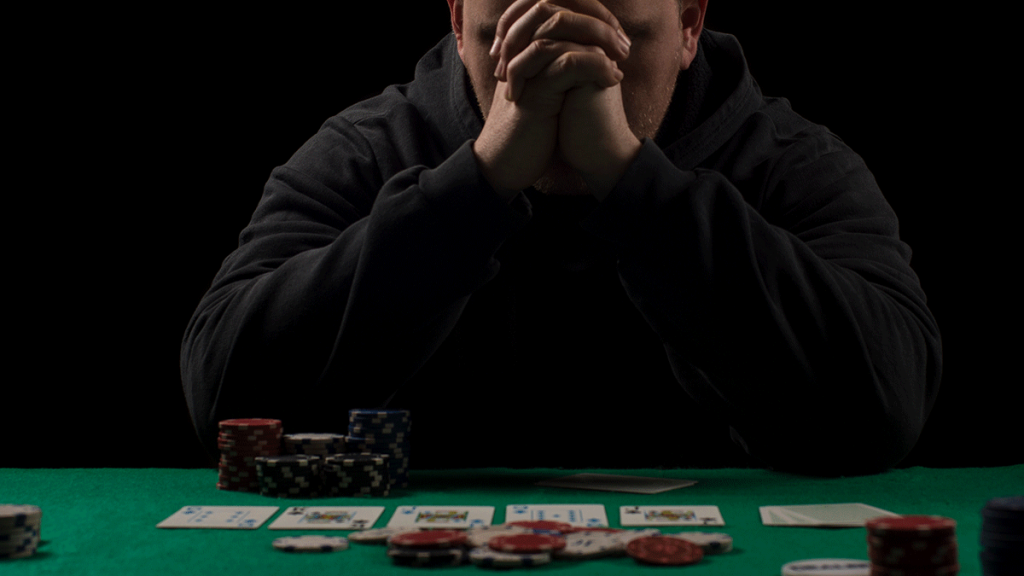
Peer Pressure and Social Dynamics
In some cases, the presence of others and peer pressure can add a layer of stress to the gambling experience. Whether it’s a group of friends at a poker table or the competitive spirit in a sports betting environment, the desire to fit in or prove oneself can intensify stress levels. The fear of making mistakes or being judged by others can heighten anxiety, detracting from the enjoyment of the activity and increasing stress levels.
Coping with Gambling-Related Stress
While gambling can be inherently stressful, there are strategies that individuals can employ to cope with and mitigate the negative effects. Developing a responsible gambling approach is essential, setting limits on time and money spent and adhering to them strictly. Seeking support from loved ones, joining support groups, or even considering professional help can provide valuable guidance and assistance in dealing with gambling-related stress.
Conclusion
Gambling can be a thrilling pastime, but it is crucial to acknowledge the stress it can generate. The uncertainty of outcomes, financial implications, psychological factors, environmental influences, and social dynamics all contribute to the stressful nature of gambling. By recognizing these factors and adopting responsible gambling practices, individuals can aim to minimize the stress associated with this activity. Remember, gambling should be viewed as entertainment, and it is vital to prioritize mental and financial well-being above all.
